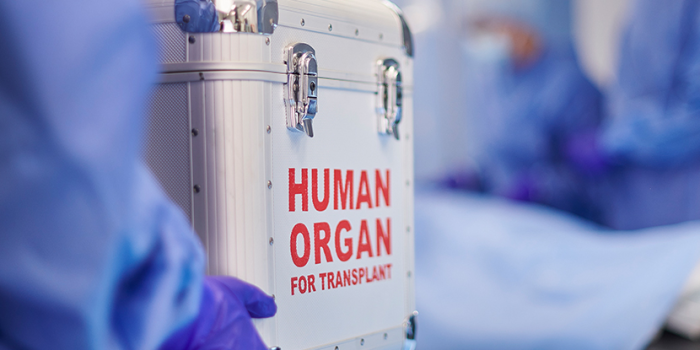A shocking incident in Kentucky has put doubt on the safety protocols governing organ donation and the criteria for declaring death in US hospitals.
The case involved a man who reportedly regained consciousness moments before his organs were set to be removed.
In October 2021, 36-year-old Anthony Thomas “TJ” Hoover II, who had been declared brain dead after a drug overdose and cardiac arrest, appeared to regain consciousness as his organs were being prepared for donation. Whistleblower Nyckoletta Martin, a former organ preservationist for Kentucky Organ Donor Affiliates (KODA), reported the incident in a letter to the US House of Representatives Energy and Commerce Committee. Her letter described the horrifying moment when TJ, during a cardiac catheterization procedure, began moving and even crying on the operating table.
“The donor had woken up during his procedure that morning… And he was thrashing around on the table,” Martin recalled.

Despite being told by hospital staff that such movements were merely reflexive, TJ’s family, particularly his sister Donna Rhorer, became increasingly alarmed. Rhorer recounted witnessing her brother’s eyes opening and moving. Still, it wasn’t until his exaggerated movements and visible crying during the procedure that the medical staff realized the gravity of the situation. In response, the surgical team refused to proceed, although KODA allegedly sought to continue with another doctor, a claim the organization denies.
“The procuring surgeon, he was like, ‘I’m out of it. I don’t want to have anything to do with it.’ It was very chaotic. Everyone was just very upset,” said Natasha Miller, another organ preservationist present.
Fortunately, TJ survived the ordeal and remains under the care of his sister. However, he now faces ongoing speech, memory, and movement challenges. The case has since sparked an investigation by the federal Health Resources and Services Administration to determine what went wrong. Baptist Health Richmond, the hospital involved, issued a statement emphasizing that patient safety is its top priority, while KODA has maintained that the case was handled appropriately.
“If a patient’s condition improves or they do not experience cardiac arrest within an established period for donation, the family is informed that the donation cannot take place,” KODA stated.

This case has drawn attention to the delicate balance in organ donation protocols. Determining brain death requires careful consideration of criteria such as brain activity, often measured by electroencephalograms (EEGs). However, the margin for error can be thin.
“That’s everybody’s worst nightmare, right? Being alive during surgery and knowing that someone is going to cut you open and take your body parts out? That’s horrifying,” Martin said.

The incident is not just an isolated concern but points to broader issues in the US organ donation system, including inequalities in access, long wait times, and the potential for mismanagement. Despite these challenges, more than 46,000 organ transplants were completed in the US last year, though around 100,000 people remain on waiting lists.
As investigations go on, it is hoped that this unsettling event will lead to stricter safety measures and more confidence in the organ donation process, ensuring that tragic situations like TJ’s are prevented in the future.


